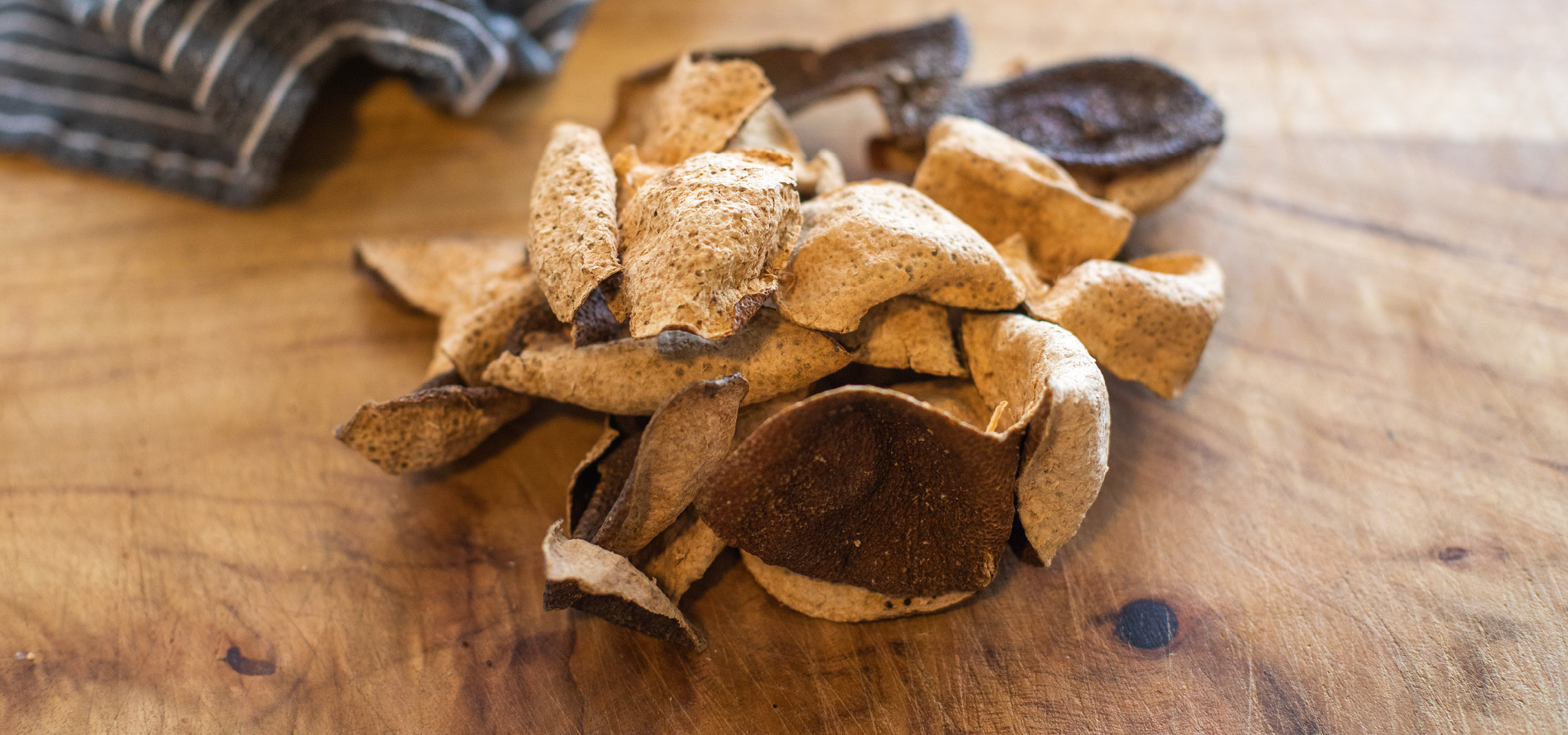The traditional Chinese medicine approach to digestive health
The health of the digestive system is considered the cornerstone of wellbeing in many disciplines of natural medicine, including traditional Chinese medicine (TCM). Read on to discover more about how the age-old philosophies of TCM can offer unique insights into how your digestive system works and how you can keep it in tip-top shape.

How does traditional Chinese medicine view digestive health?
In TCM, the processes of digestion are viewed differently to the way we think about them in Western medicine.
According to this ancient system of medicine, consumed food is initially processed by the stomach organ-meridian, where it’s 'ripened' or broken down into its useful (‘pure’) and waste (‘impure’) components.
Of these, the useful parts are directed upwards to the spleen organ-meridian system, where they're transformed into the nutrients, energy (Qi), blood and fluids the body needs. Meanwhile, the wastes are directed downwards to the small intestine and ultimately the large intestine for excretion.
In the final part of the digestive process, the small intestine organ-meridian system continues the breakdown of food that was initiated in the stomach, and directs any useful matter to the spleen for transformation and distribution, and the wastes to the large intestine for excretion via the faeces. If these organ meridians aren’t in balance, you may experience bowel issues such as diarrhoea, abdominal bloating and flatulence.
In addition, if there’s too much heat in your system, you may experience constipation or dry stools (as a consequence of the intestinal fluids being dried up by the Heat). The liver also contributes to healthy digestion by helping in the breakdown of fats and dietary toxins.

Herbal therapies for digestive health
Citrus peel traditionally eases indigestion symptoms in Chinese medicine
Citrus peel, which is also known by the Chinese name Chen pi, has been used since the time of the Song dynasty in TCM – that’s around 1000 years! In TCM today, it’s still traditionally used to support healthy digestion, as well as to relieve indigestion symptoms including abdominal bloating, burping, nausea, lack of appetite and feelings of fullness.
Citrus peel is also traditionally used to encourage the flow of Qi in TCM. In Fusion Liver Tonic you’ll find it alongside milk thistle, which aids in the digestion and breakdown of dietary fats, based on its traditional use in Western herbal medicine.

Diet and lifestyle recommendations for digestive health
- The right diet for you will depend in part on your constitution. For example, if you have a slow metabolism, you may benefit from eating lots of spicy foods, but the same diet might make a person with a hotter, faster constitution feel irritated and agitated
- Your environment and the local weather also play a role in determining optimal eating habits, according to TCM. Choose cooling foods such as salads when it's hot and humid, and warming, heartier dishes when it's cold
- Try to stick to a regular eating schedule and don’t skip meals, or eat more than you need. Overeating makes it difficult for the stomach and spleen to effectively digest your food and transport it around your body, while infrequent meals (as seen in many fad diets) may contribute to constipation by reducing the moisture levels in the intestines
- For extra support for your liver and digestion, consider looking into a clean eating plan and simple detox tips from Chinese medicine
- Avoid eating when you’re stressed or agitated, and instead make meal times calm and relaxing
- According to the principles of TCM, a balanced diet incorporates the five flavours:
- Sweet foods like honey, which provide nourishment and have moistening properties, making them particularly beneficial when excess Dryness is present, as may occur during constipation
- Sour foods like lemons, which have drying properties and promote contraction in the digestive tract, and thus may be beneficial (in small quantities) when excess fluids are present (e.g. to help remove excess fluid from soft stools)
- Hot, pungent foods such as ginger, garlic and chillies, which have warming properties that stimulate the appetite and promote the circulation of Blood and Qi around the body
- Bitter foods like rocket, kale and green tea, which have a cooling effect on the body and in TCM are used to help dry up dampness. They also help stimulate the gut and may be particularly beneficial when liver function is sluggish
- Salty foods like prawns, pork and seaweed, which are considered lubricating to the intestines and may aid the removal of accumulated wastes
















